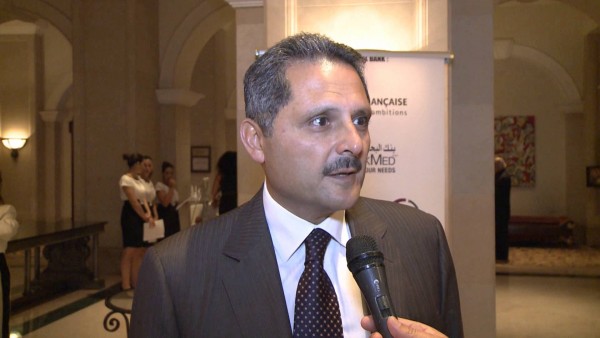
Beirut, Lebanon – The Cabinet on Thursday appointed the members of the Banking Control Commission of Lebanon (BCCL).
Information Minister Ramzi Jreij said following a cabinet session at the Grand Serail that was chaired by PM Tammam Salam that the commission would be chaired by Samir Hammoud.
The other members are Ahmed Safa, Munir Elyan, Joseph Sarkis, and Sami Azar, he added.
Salam expressed at the start of the meeting his disappointment with the parliament’s failure to elect a new president on Wednesday.
He hoped that the 21st session, scheduled for April 2, would yield the election of a new head of state, Jreij told reporters at the Grand Serail.
Hammoud (Sunni) represents the Future Movement, Safa (Shiite) represents the AMAL Movement and Hezbollah, Sarkis (Maronite) represents the Free Patriotic Movement, and Elyan (Catholic) represents the March 14 coalition.
Strong banking System
Lebanon has many problems . It is unable to elect a President; it hasn’t had one for about 10 months now. It has the highest per capita concentration of refugees in the world , digesting more than a 1.2 million Syrian refugees whose arrival has dramatically strained every possible resource in a country which has a population of 4.4 million. And it is fighting off the threat of both ISIS and Hezbollah at the same time. Yet despite these headwinds, Lebanon raised $2.2 billion of debt, including $1.4 billion of 15-year paper, paying just 6.65% (and a lower-still 6.2% on a 10-year tranche), about three per cent tighter than most other countries with the same credit rating.
The Lebanese banking system has total assets of approximately 3.5 times GDP, and local banks are effectively restricted in what they can invest in, making Eurobonds like these a vital investment for them. This is why 80% of the bond was sold locally, not internationally, and the investment banks who handled the deal didn’t even bother with an international roadshow. This disproportionate strength and appetite in local banking is the reason Lebanon can be confident in selling its bonds at a cheap price.
According to Forbes , the reason is the extraordinary resilience of its banking sector, which serves a successful and loyal Lebanese diaspora with a greater population than the country itself.

Leave a Reply
You must be logged in to post a comment.